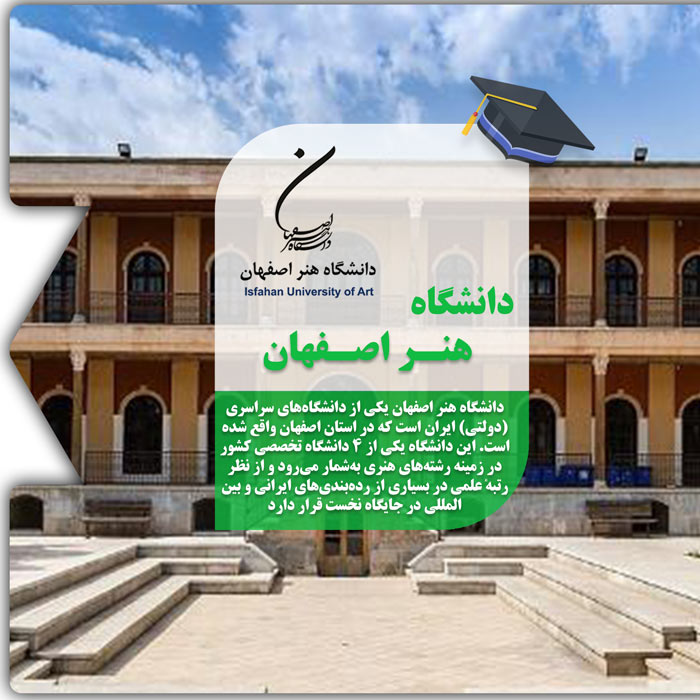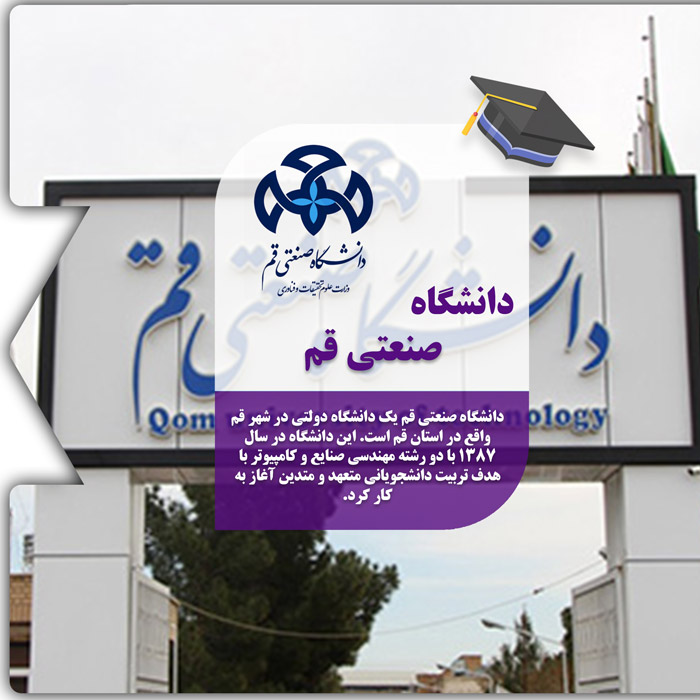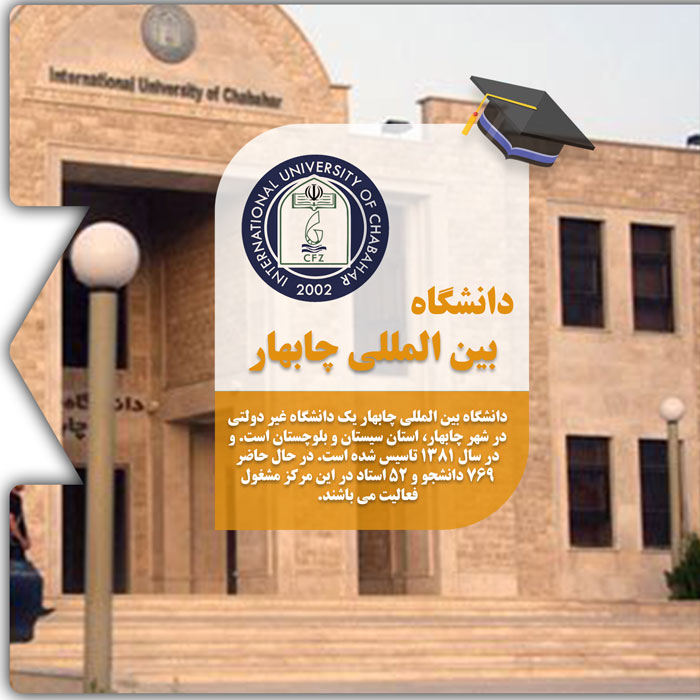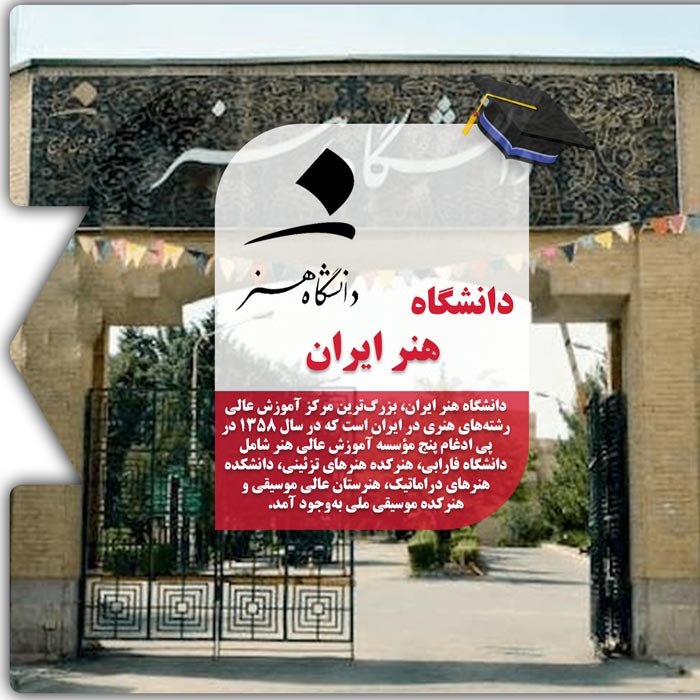![]()
Studying at Al-Mustafa University
In the city of Qom, various seminary schools are engaged in teaching religious sciences and are responsible for training students in these fields. Among them, Jamiatul Mustafa Al-Alamiyya, or the Al-Mustafa International University, stands out as an academic center dedicated to expanding the doctrinal foundations of Shia Islam. Studying at Al-Mustafa University, which considers attracting students from around the world as one of its missions and currently hosts hundreds of students from several countries, has been highly productive. The activities of Jamiatul Mustafa have received positive feedback in recent decades for introducing the true face of Islam and Shia to the world.
Introduction
The establishment of this academic center dates back to the early days of the Islamic Revolution in 1979. Before the revolution, only a few non-Iranian students were studying religious sciences and Shia doctrinal foundations in Qom. After the revolution, a council named the “Council for Supervising Non-Iranian Students” was established in the Qom seminary to focus more on the education of non-Iranian students and the expansion of Shia beliefs in various countries.
In 1986, after some reforms, the name of this center was changed to the “Global Center for Islamic Sciences,” and it began teaching religious sciences in the traditional Shia seminary method. Ultimately, in 2008, the center known today as Jamiatul Mustafa Al-Alamiyya began its work. This religious university was established to further develop academic centers to meet the needs of the contemporary world. Currently, the center attracts students in three major fields: Islamic sciences, humanities, and cultural and linguistic studies.
The educational system of this university is designed to align with both seminary and academic systems (associate, bachelor’s, master’s, and doctoral levels). Thus, based on the courses students complete and the grades they achieve, they are awarded diplomas similar to university degrees, which are recognized by reputable global academic institutions.
Jamiatul Mustafa is a member of several scientific organizations, including the Federation of the Universities of the Islamic World (FUIW), the International Association of Universities (IAU), the International Association of University Presidents (IAUP), the Association of Universities of Asia and the Pacific (AUAP), and the Union of Islamic World Students (Rohama). According to Jamia al-Mustafa’s website, by 2015, the center had educated over 50,000 male and female students from 122 nationalities, of whom around 25,000 have graduated. 
International Position of Al-Mustafa University
This higher education institution is one of the main centers for spreading Shia teachings worldwide. Its various branches identify individuals interested in religious studies, provide initial training, and if they wish to pursue advanced levels, they are sent to Iran. Jamiatul Mustafa has approximately 40,000 foreign students and 40,000 graduates from 122 nationalities. The center offers education in 2,500 subjects, and non-Iranian students and their families can benefit from both educational services and accommodation facilities in Iran.
While the primary focus is on non-Iranian students, up to 10% of the center’s capacity can be allocated to Iranian students. Although it primarily introduces and teaches Shia beliefs, Sunni students are also welcome. Its research and educational materials are published in Persian, Arabic, English, French, German, Russian, Urdu, Azerbaijani, Turkish, Hausa, Swahili, Bengali, and Tajik in countries like the UK, Indonesia, Malaysia, Lebanon, India, Pakistan, Afghanistan, and Thailand. The center, while listed among Iraqi universities for special endowment, provides a suitable environment for Iraqi students. With its excellent facilities, it hosts top Islamic scholars from around the world for teaching and learning.
List of programs offered at Al-Mustafa University
Research Institute
The International Research Institute of Al-Mustafa University features various research groups, including Theology and Islamic Sects, Philosophy and Mysticism, Quran and Hadith, History, Jurisprudence and Principles, Mahdism, Social Studies and Communications, Political Thought and the Islamic Revolution, African and Arabic Studies, Global Studies, Asia and Pacific Studies, Shia Studies, Seminaries and Clergy, Asia and the Pacific, Abrahamic Religions, Eastern Religions, and Emerging Sects.
Faculties
The virtual university of Al-Mustafa contains the following six faculties:
- Faculty of Qur’an and Hadith
- School of Islamic Studies
- Faculty of Jurisprudence and Law
- Faculty of Ethics and Islamic Education
- Faculty of Philosophy and Theology
- Faculty of Language and Literature
Affiliated Centers
Other affiliated centers of Jamiatul Mustafa include:
- Al-Mustafa International Research Institute
- Higher Institute of Jurisprudence (Hojjatieh School)
- Virtual University of Imam Khomeini
- Al-Mahdi School
- Bintul Huda School
- International Publications of Al-Mustafa
Outside of Iran, affiliated centers of Jamia al-Mustafa include the Islamic College of London, and the Islamic College of Indonesia, and branches in Lebanon, Afghanistan, Syria, Pakistan, India, Thailand, Tanzania, Sri Lanka, Ghana, and Burkina Faso. The International University of Al-Mustafa in Afghanistan was established in 2011. After the institution was sanctioned by the U.S. in 2020, the Afghan Ministry of Higher Education announced it would decide on the status of this branch in Afghanistan.
Final Words
This educational center, with its highest academic ranking in various Islamic fields and its inclusion in the list of special endowment universities in Iraq, provides a suitable environment for students from all over the world.





